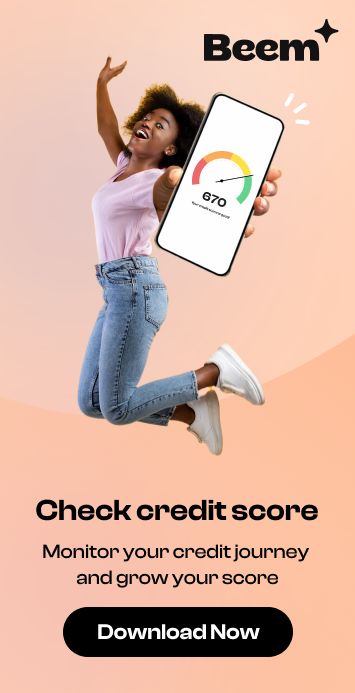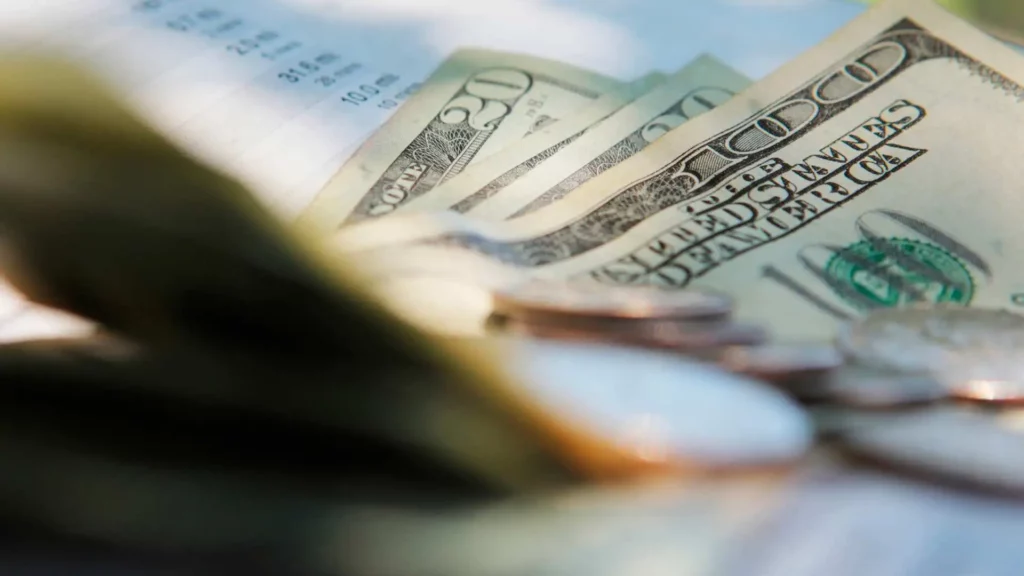Even if you are trying to get out of the tragic low credit score adversity or are planning to appeal for loans in the future, the term ‘credit score’ should be crystal clear to you.
A credit score is a 3-digit number ranging from 300-850 (up to 900 in some industry specifications). It refers to an individual’s history of financial performance including managing and paying back all loans of a bank.
The higher your score, the more the chances of you getting credit at a better rate of interest. If the scores drop, your application for credit might get rejected.
- Excellent = 800 & above
- Good = 700 – 800
- Average = 600 – 700
- Low = 600 & below
Low Credit Score
A credit score is widely used by lenders to determine your creditworthiness and a low score can put you in a tough situation reflecting a history of inaccurate/default repayment records and higher credit inquiries. Generally, a low credit score will have the following implications:
- Your application for secured/unsecured loans or even credit cards can be rejected outrightly.
- You’ll have to pay a higher rate of interest for the loans applied.
- You have to provide additional documents to show your creditworthiness.
Factors affecting a low score
- Delayed/irregular payments of bills: Irregular payment structure of EMIs or credit card bills is the biggest factor that negatively affects your credit score. This can be due to financial hardship, disputes with the ledger on account of fraud or extra fees, or missed payments.
- High amount of unsecured debt: Not maintaining a good balance between secured and unsecured loans will decrease your credit score as it indicates poor financial management.
- Multiple credit inquiries in a shorter period: Requesting for multiple credit cards or loans in a shorter duration lowers your credit score. It increases the number of hard inquiries and creates a poor performance impression on the credit card report if you fail to make all repayments on time.
- High credit card utilization: When the use of credit cards limit exceeds a certain point, it decreases your credit score which ultimately affects the credit report. This creates a credit-hungry image of the borrower because lenders believe that the borrower is overutilizing the credit cards to pay their financial statements.
- Inaccurate information on a credit report card: Errors in credit reports like default in repayments or unsettled loans or incorrect open accounts, all these errors can be mistakenly made by the bank or ledger, but ultimately affect your credit score.
Ways to improve your score
- Pay all your credit card bills, loans, and EMIs on time. To not miss out on any card payments, adopt automatic payment modes like ECS, PDCs, etc. In case of any dispute with the ledger regarding extra charges or miscellaneous charges, frauds, etc., try to settle the amounts ASAP.
- Don’t be credit hungry. Limit your credit card spending to less than 30% of your total credit limit which demonstrates good financial behavior.
- Manage your credit card well. Pay your credit card dues in full and not just the minimum due. It creates a positive impact and shows responsible credit behavior.
- Monitor your credit reports frequently and inform the ledger, bank, or CIBIL asap if you find any inaccuracy in the credit report card.
- Avoid taking too many loans in a shorter time duration.
- Apply for alternative loans/credit cards to rebuild your credit history. Take a loan against security such as FD, mutual funds, gold loans, etc.
- Use a healthy mix of credit like both secured and unsecured credits to loans.
Your score is an important factor that acknowledges your financial responsibility and behavior toward managing finances and debts.
There are several tools to constantly track your score. These help you improve and maintain a good score and show your worthiness.
























